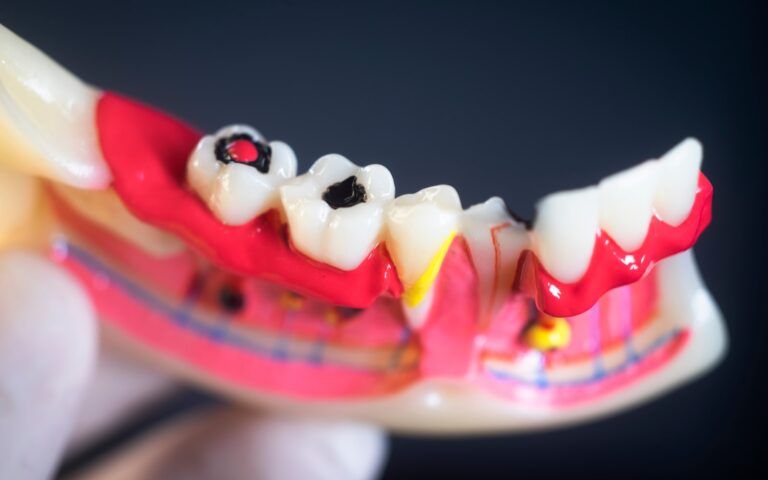Complex dental restorations go beyond the usual treatments, combining treatments such as crowns, veneers, bridges, and implants to improve your smile. These procedures replace multiple teeth along the lower and upper jawline, and these treatments are often considered necessary for restoring oral health and preventing the further disease from developing. But who qualifies for complex restorations, and how do dentists work together to accomplish this hefty task? Today, we’ll be briefly discussing the main causes for needing complex restorations, the benefits and risks behind them, and how we can help provide you with a healthier, aesthetically pleasing smile that’ll last forever.
Causes and Risks For Complex Dental Restorations
Complex restorations are often considered a complete specialty due to the complexity involved with the restoration process. Many prosthodontists, endodontists, and even periodontists often have to work with complex dental procedures due to the influx of patients they receive. Patients who require complex dental restorations experience severe deterioration of their natural tooth structure, faced with tooth decay, root canal infections, periodontal disease, and even tooth loss. However, the explanations behind those effects are what contribute to the need for complex restorations, as these explanations can include:
- Chemical erosion: Severe chemical erosion can occur to the teeth’ enamel, dentin, and pulp lining. Chemical erosion extensively damages the teeth to where it affects aesthetics and function and can often result in eating disorders, gastrointestinal disorders, and other medical conditions.
- Gastroesophageal reflux disease (GERD): GERD causes the stomach acid to come up, often leading to the major erosion of the tooth enamel, leaving them yellowed, pitted, and sensitive. Stomach acids caused by GERD also cause reduced salivary flow and frequent dehydration of the mouth and, in severe cases, can cause damage to the teeth’s dentin and pulp.
- Bruxism (clenching and grinding teeth): Beyond acidic causes, bruxism can cause severe degradation of the tooth enamel and dentin. Bruxism, also known as excessive tooth grinding, can lead to dental problems such as toothaches, poor enamel strength, and even cracked teeth, depending on jaw strength.
Because of these causes, the degree of deterioration of the tooth structure is the main factor in determining the complexity of the overall procedure. In terms of this complexity, different degrees of deterioration can occur within the same tooth, and some teeth may even have previous treatment beforehand that can interfere with the process itself. In some cases, natural teeth may also become part of the equation when determining what types of treatments would work best. But despite these variables, your dentist can achieve that goal by combining numerous treatments that address all problems upfront, including implants, veneers, crowns, and other treatments for a successful aesthetic outcome.
What Complex Restorations Can Provide For You
Complex restorations can help when the patient’s teeth are defective, decayed, damaged, or missing entirely, and complex restorative treatment can help improve oral health, allowing patients to experience less pain, improve their jaw function, and avoid permanent dental damage. Through the combined use of various treatments, your dentist can work out a treatment plan that suits your needs and meets all your dental requirements for better health.




